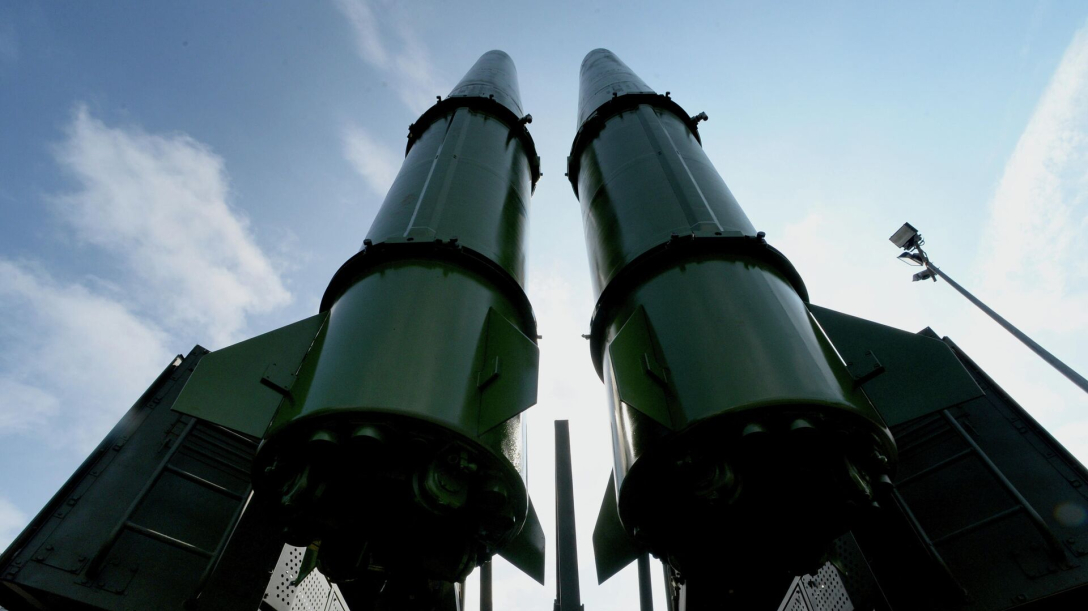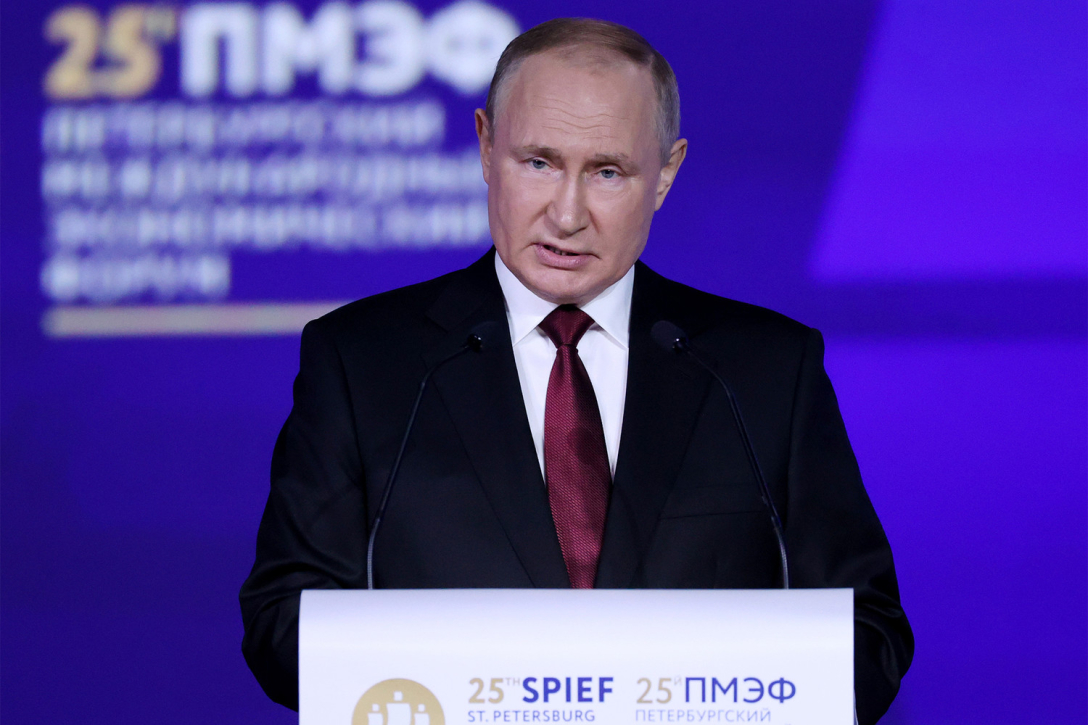Obsession with "Hazelnut": How Putin will pressure Trump into conceding Ukraine in 2025.
For the second consecutive year, Putin has combined his final press conference with a "Direct Line" event, during which ordinary Russians are allegedly able to ask him questions. This time, according to the organizers, approximately 2 million questions and wishes were sent to the Kremlin leader.
Today, as the well-known slogan "Kyiv in three days" marks almost three years, when asked how he assesses the progress of the "special military operation" and whether victory has become closer, Putin responded: "It's hard to predict in advance, but Moscow is moving towards its initial objectives outlined at the beginning of the 'SMO'."
How Putin Tied Trump to the "Nutcracker"
A journalist from the American television channel NBC asked Putin what he would be able to offer future president Donald Trump when they meet. The reporter added to his question: "You have not achieved the goals of the military operation, many Russians have died, including your general who was killed right in Moscow, and the leader of Syria, whom you supported, was ousted from the country. So, when you meet with future president Trump, you will be a weaker leader."
Putin, emphasizing that he hasn't spoken with Trump for four years, added: "You would very much like to see Russia weakened. But Russia has become much stronger over the past three years — we are becoming a truly sovereign country, we depend little on anyone, and the combat readiness of the Russian army is currently the highest in the world! I don't know when we will meet (with Trump — ed.). Because he doesn't say anything about it. I'm ready for that, of course, at any time. I will be ready for a meeting. If we ever have a meeting with the newly elected president, Mr. Trump, I am sure we will have much to discuss."
Despite the fact that over four hours of the event, Putin touched on various issues, his statements regarding "the Nutcracker" became the highlight of the program. Specifically, a correspondent from the "Zvezda" channel asked: "In the West, they continue to call the 'Nutcracker' a modification of old Soviet weapons and claim that this missile can be intercepted by air defense even at the launch stage. Is that true?"
"Yes, there were certain developments," Putin explained, "but these developments are already from the Russian period. That is, this is new weaponry. And if Western experts believe (that the 'Nutcracker' can be intercepted — ed.), let them propose to us and let them suggest to those in the West and the USA, who pay them for their analysis, to conduct a technological experiment, say, a high-tech duel of the 21st century! Let them identify a target for destruction, say, in Kyiv, concentrate all their air defense and missile defense forces there, and we will strike with the 'Nutcracker' and see what happens. We are ready for such an experiment. Is the other side ready?"

It is quite telling that the West did not respond to Putin's "invitation" for a "high-tech experiment." However, President Volodymyr Zelensky succinctly and effectively commented on the idea of the Kremlin leader, which sparked a wave of support in the domestic segment of social media.
How the West Should Respond to Putin's Threats of a 'Nutcracker' Strike
Noting that the "manic statement" about the experiment with the 'Nutcracker' is primarily a probe of the West's reaction, the political scientist stated: "The West should have responded appropriately to this blatant and brazen Putin threat. Not by laughing at an old fool, but by taking a number of very specific steps. What kind? Given that the West is currently incapable of any measures such as preemptive strikes, at the very least, statements should be made from the highest leadership of leading Western countries that if Putin conducts his 'experiment,' sanctions will be swiftly imposed in areas where they have not been previously applied. In general, there should be a clear outline of actions detailing what will happen if 'the Nutcracker' flies towards Kyiv. For example, that Ukraine will immediately be provided with something powerful in terms of weaponry."

At the same time, according to the expert, the Kremlin leader clearly distinguishes between the West and the United States: "Putin states that he is ready to talk to Trump at any time and, by the way, in the context of various rumors, it is important to note that he mentioned he hasn't communicated with him for four years. It is significant that Putin, believing Russia is strong, unambiguously hints to Trump that he is ready to talk about a reshaping of the world, but not about any compromises regarding the war he himself unleashed against Ukraine."
Considering the above, Oleg Lesnoy summarized: "The situation looks such that Putin is not intending to make any concessions."
From What Position Does Putin Plan to Talk to the West
According to the expert, despite a whole host of serious problems within Russia, Putin is resolutely determined to continue the war, which means he will "only engage in manipulative dances around peace negotiations." Furthermore, Putin, the analyst of the NISI believes, will continue to insist on Ukraine's capitulation. In this context, Ivan Us notes that it is extremely important to convey to Trump through his "pro-Ukrainian entourage" the thesis that the United States must, firstly, demonstrate its strategic strength, and secondly, realize that Ukraine's capitulation is a defeat for the West, and therefore for the USA.